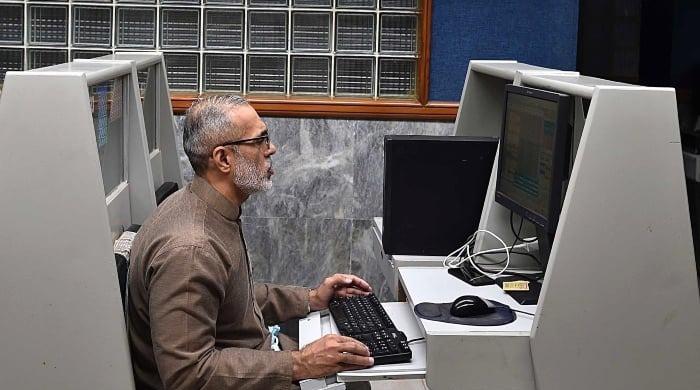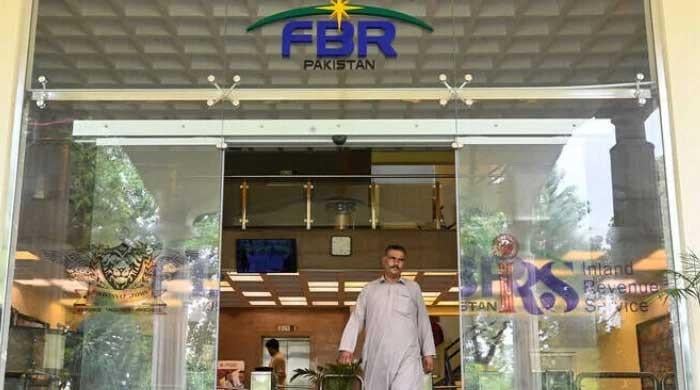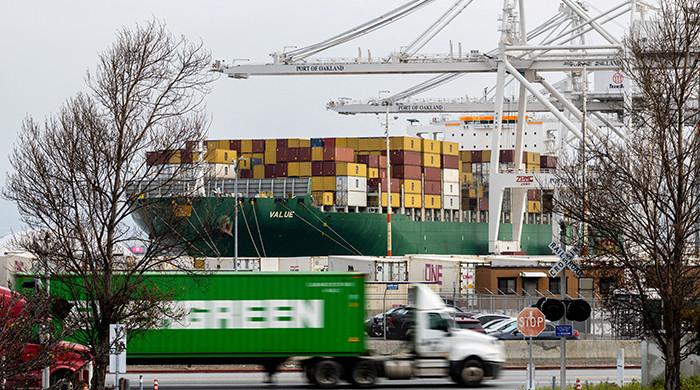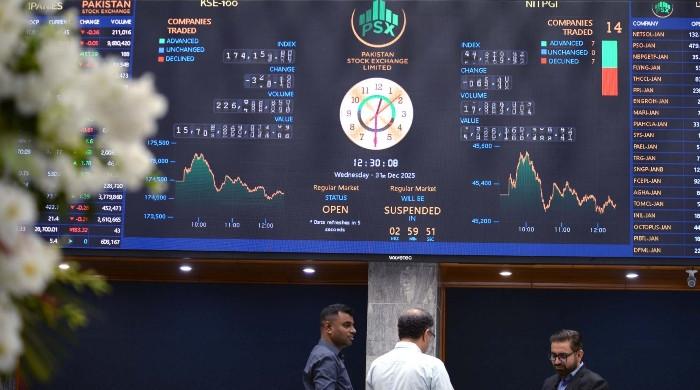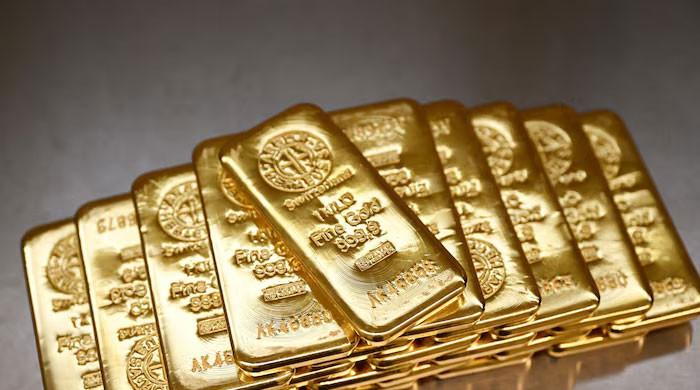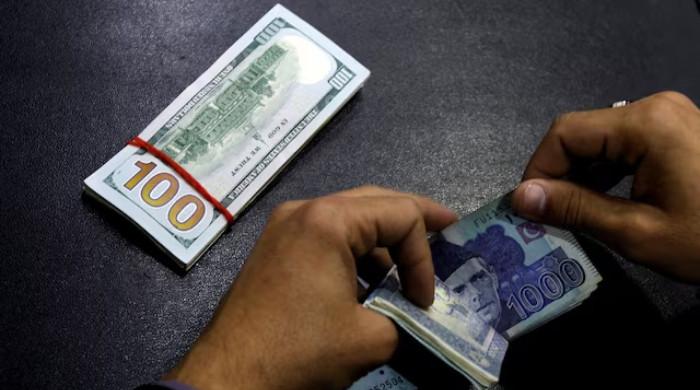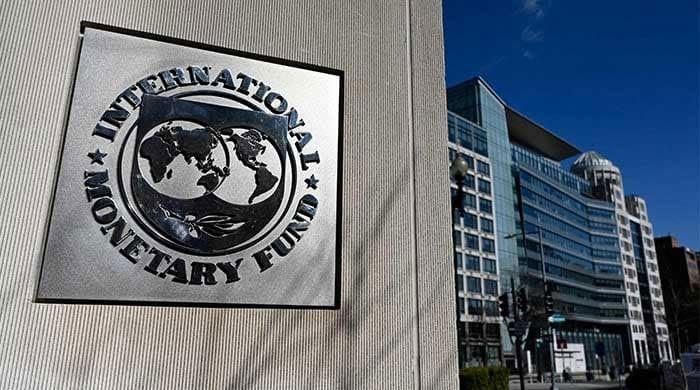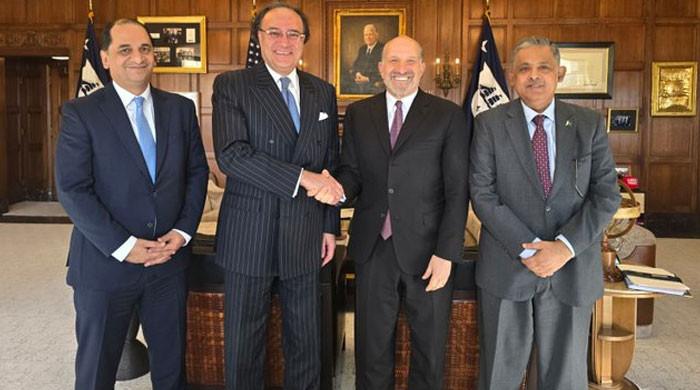Weekly inflation surges to 14-week high amid hike in petrol price
The inflationary pressures are expected to intensify in the days to come due to the IMF conditions, analyst says
February 04, 2023
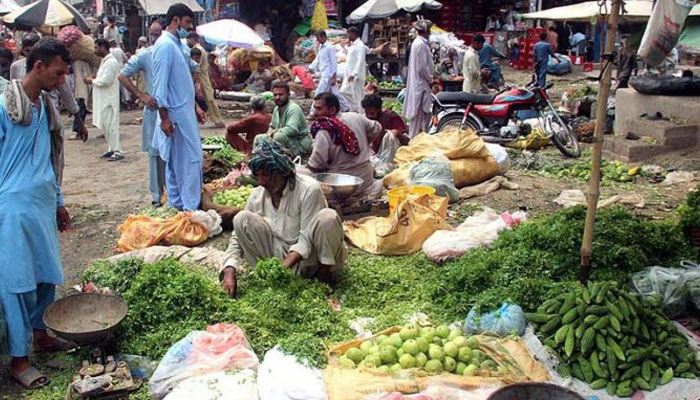
- PBS says fuel prices pushed prices higher
- Only the price of potato witnesses a decrease.
- Price of 11.67kg LPG cylinder also surges to 17.61% WoW.
KARACHI: A sharp increase in petrol and LPG prices has made the sensitive price indicator (SPI) inflation touch a 14-week high at 2.83% week-on-week during the seven-day period that ended February 2, 2023, The News reported on Saturday.
On a year-on-year basis, the number topped a 20-week high at 34.49%, with expectations that it would reach 40% in the next fortnight following another surge in petroleum prices.
The Pakistan Bureau of Statistics (PBS) on Friday issued data which attributed the WoW rise in SPI to the increase in prices of basic food items – garlic (17.07%), pulse gram (7.10%), bananas (4.75%), chicken (4.37%), pulse mash (3.93%), pulse masoor (3.91%), mustard oil (3.47%), eggs (3.42%), pulse moong (2.33%), sugar (2.32%), vegetable ghee 1kg (2.13%), and broken basmati rice (2.12%); and non-food items – LPG (17.61%), petrol (16.22 %) and diesel (15.30%).
The potato was the only commodity to witness a decline in its price, down to 0.37% per kg.
A maid, Zareena, who lives in Karachi's People's Colony area, said she needs 1kg of fine wheat flour every day for her five-member family. "I am buying it at Rs120/kg from the nearby store, while the short rice that we buy is now being sold at Rs190/kg," she said, adding "she hardly earned Rs16,000/month after breaking her back the entire day in different homes."
"And it is not just food that I have to worry about, with gas load-shedding, I now have to buy LPG too, which is now Rs300/kg," she criticised.
"I cannot afford to go see a doctor for my health issues any more, as I can neither afford the doctor's fee nor the diagnostic fee that is needed for the ultrasound and blood work," Zareena added.
The price of an 11.67kg LPG cylinder increased 17.61% WoW and 43.76% YoY to stand at Rs3,396.85 up Rs508.74 from Rs2,888.11 last week, and up Rs1,034.05 from Rs2,362.80 during the same week last year.
Fahad Rauf, head of research at Ismail Iqbal Securities, said that SPI increased mainly due to an increase in the prices of petrol and LPG.
During the week, the government of Pakistan raised petrol and diesel rates by Rs35/litre. Prices of petrol would likely increase further in the next fortnightly review due on February 15, 2023, on account of massive currency devaluation and potential hikes in taxes.
"The inflationary pressures are expected to intensify as the government is expected to make further adjustments to unlock the IMF programme," Rauf noted.
For the groups spending up to Rs17,732; Rs17,733-22,888; Rs22,889-29,517; Rs29,518-44,175; and above Rs44,175; WoW SPI increased 1.71, 1.99, 2.17, 2.47, and 3.30%, respectively. On a YoY basis, for these groups, SPI recorded an increase of 31.33, 32.26, 34.54, 36.04, and 35.47%, respectively.
This showed that on a WoW basis, SPI had the highest impact on those spending more than Rs44,175, whereas the YoY impact was faced the most by those whose spending capacities were between Rs29,518 and Rs44,175.
The PBS data attributes different weightage to the commodities in the SPI basket. For the group with the lowest spending capacity, commodities with the highest weights include milk (17.5449%), electricity (8.3627%), wheat flour (6.1372%), sugar (5.1148%), firewood (5.0183%), long cloth (4.2221%), and vegetable ghee (3.2833%).
Prices of all these commodities went up except electricity and long cloth.
The SPI was recorded at 227.79 points against 221.54 points registered last week and 169.37 points recorded during the week ended February 3, 2022.




